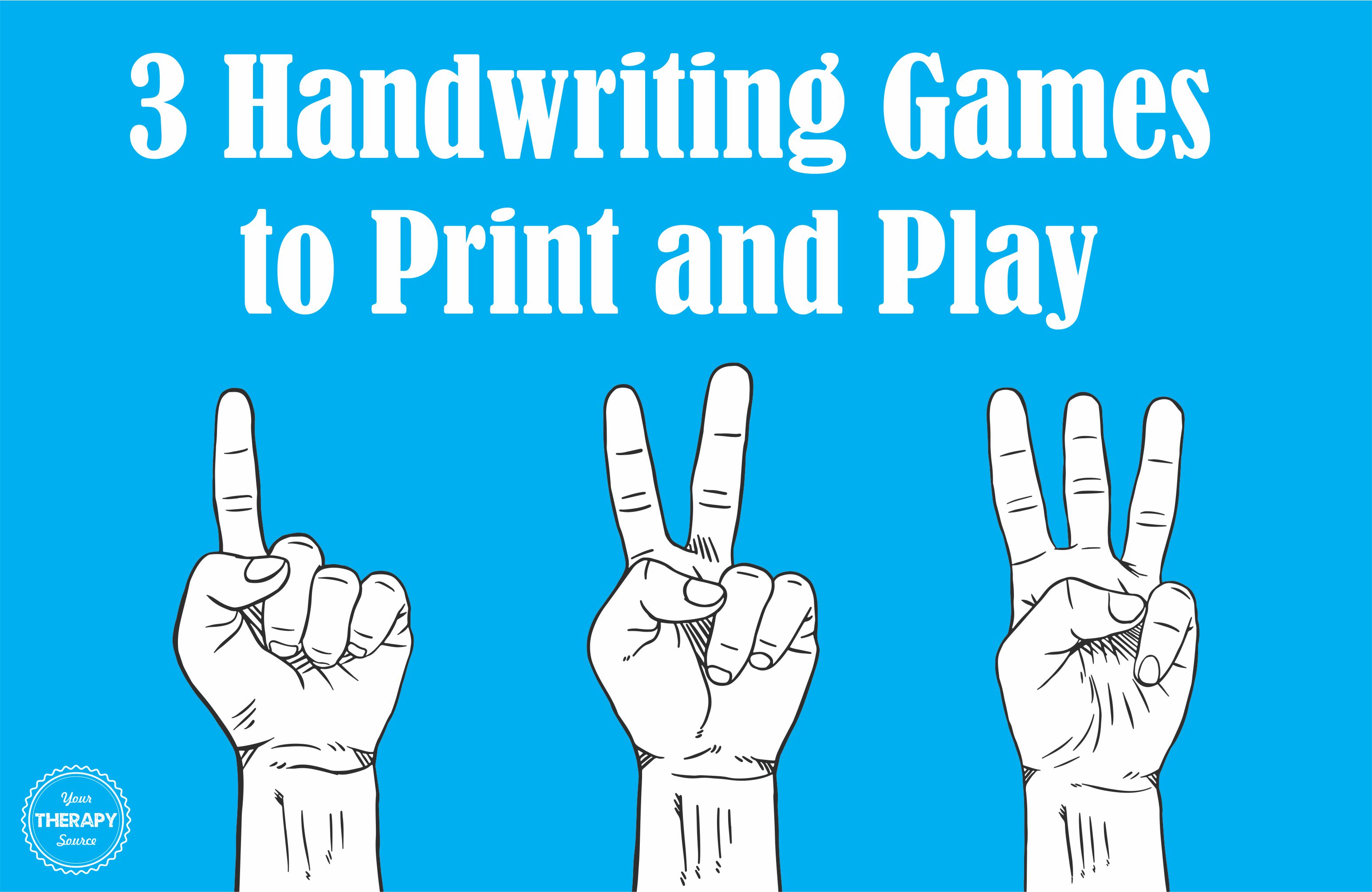

I tried playing Borderlands and didn’t like it.

The beauty of Telltale is their ability to invest the player in universes and characters that they would normally have no interest in. You’d think that someone would get sick of pretty much the same gameplay over and over, but the fact that I didn’t and most people who play them haven’t is testament to the writing and design of these games. Tales from the Borderlands, Game of Thrones and Minecraft: Story Mode were all also released this year, meaning that new Telltale content was available almost every month. Both Batman and The Walking Dead: Michonne miniseries are slated for 2016 releases, adding to TTGs already impressive catalog of games. Just this week, Telltale displayed two new games at the 2015 VGAs. If after finishing an episode you were craving more experiences like it, there wasn’t really much for you to do. When The Walking Dead: Season 1 came out, it stood alone as one of the first episodic games to receive critical acclaim. Part of the annoyance that I felt was because Telltale didn’t have many franchises they were working with. Waiting a month or two for a two-hour experience seemed pretty lame, especially given my tendency to binge watch hour-long shows on Netflix. Initially, I was pretty annoyed by the large gaps separating each episode. I’ve played almost every Telltale game to come out since The Walking Dead: Season 1 on Xbox 360. Some of the best instances of this come in Telltale’s adaptation of The Walking Dead, where dialogue choices can, at times, literally determine which characters live or die. Telltale doesn’t spell out the personalities of its characters for you, they ask you to piece that together for yourself. By choosing to aid a character in a tense moment, the player is actively generating subplots and backstory for their own playthrough. Most interactions between two characters utilize dialogue trees and decision making which leads to impactful changes in the narrative. This is why dialogue is so important in these game instances. In some sense Telltale’s games could be construed as rigid, in that the player’s actions are pretty set in stone. Two simultaneous playthroughs of Minecraft: Story Mode will feature near identical instances of gameplay because the game requires it in order to progress. Players will routinely interact with objects by examining or using them in simple point and click puzzles, and combat is nothing more than a few quick button presses and quick time events. Mechanically speaking, Telltale’s games are fairly simple. Telltale structures their experiences in a way that is almost the exact opposite of this.

In most cases we wouldn’t have drastically different interactions with the main characters and events of the game. When my friend and I both play through Rise of the Tomb Raider, we may find different collectibles, take out enemies in different ways or level our characters up differently, but the cutscenes and story elements are largely scripted. What this allows for is individualized experiences for the player. The genius of Telltale comes from the fact that they prioritize player agency and emergent storytelling. However, the greatness of Telltale doesn’t come from the fact that they creatively dabble in such wonderful franchises. The studios’ properties span a wealth of comic and game universes from things like Tales from the Borderlands all the way to their recently announced Batman adventure. Telltale Games is a highly recognizable name now.

In a sense, these books were games in their own right, allowing agency to be injected into a well-established formula. Rather than reading a story from beginning to end and observing its events passively, I as the reader was an active participant. If I didn’t want the knight to fight a group of goblins, I simply turned to page 14 and had him save a villager instead. The thing is, the freedom to determine your own outcome to a story was great mostly because of its nonlinear structure, and because it was easily compared to a more traditional reading experience. The book had something to do with a knight, a princess, goblins, dungeons and kingdoms, but what I remember more vividly about the experience was appreciating the freedom of choice. I have a pretty distinct and fond memory of being in Canada as a kid and reading my first “choose your own adventure” book.


 0 kommentar(er)
0 kommentar(er)
